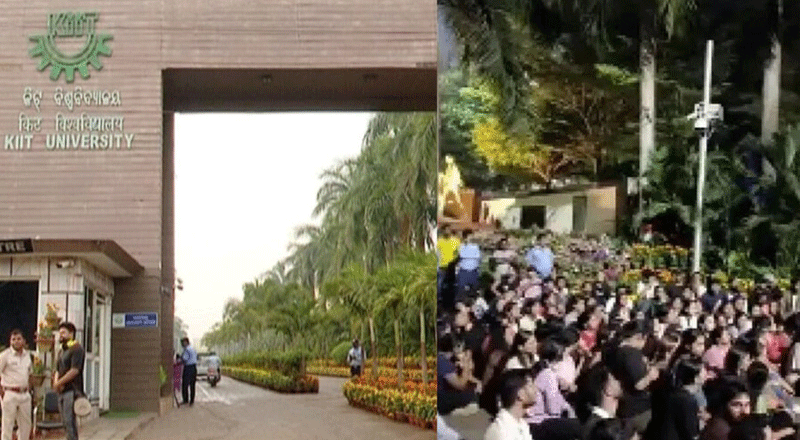In a recent judgment, the Dwarka Court in Delhi acquitted Satender Gautam, who was accused of dowry death, citing insufficient evidence to support the charges. The court’s decision underscored the principle that the prosecution must prove the guilt of the accused beyond a reasonable doubt, emphasizing that the case against Gautam may have been plausible but did not meet the stringent requirements of criminal jurisprudence.
The case, filed under Sections 498A (cruelty for dowry) and 304B (dowry death) of the Indian Penal Code (IPC), was based on an FIR lodged in 2011 by the victim’s mother, Kamlesh Devi. She alleged that her daughter, Poonam Sharma, had taken her own life due to continuous harassment and dowry demands from Gautam.
However, Additional Sessions Judge Sharad Gupta highlighted that the evidence presented by the prosecution did not convincingly establish Gautam’s guilt. The court noted that while there was evidence of a quarrel between the couple a day before the victim’s death, such disputes were not uncommon in married life and did not constitute sufficient grounds to prove that Gautam had abetted Poonam Sharma’s suicide.
The judgment pointed out that there was no material evidence to show that Gautam had instigated or actively contributed to his wife’s decision to end her life. The only testimony regarding the quarrel came from the deceased’s friend, who perceived it as a normal disagreement between husband and wife.
Gautam, through his defense, argued that the allegations were false and that the victim’s family had been unhappy with their inter-caste marriage. He further claimed that Poonam had been harassed by her own family over the marriage and that he was falsely implicated after her death.
In acquitting Gautam, the court reinforced the legal principle that an accused is presumed innocent until proven guilty, and that the burden of proof lies entirely with the prosecution. The case highlights the court’s commitment to ensuring that convictions are based on solid and irrefutable evidence, rather than mere suspicions or possibilities.





